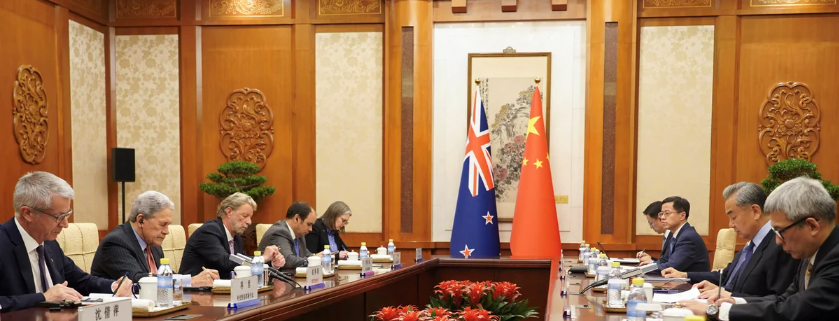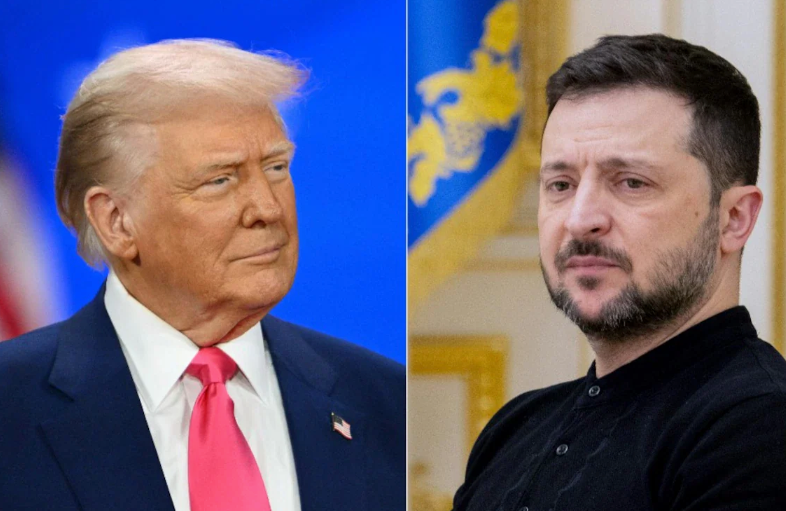
Belarusian opposition leader Sergei Tikhanovsky has spoken for the first time since being released from prison, saying he lost half his body weight during years of harsh detention, but remains unbroken in spirit. In a powerful interview with the BBC, Tikhanovsky described tiny, freezing cells, brutal isolation, and relentless pressure — yet said his will to fight for democracy never wavered.
Tikhanovsky, once a prominent YouTuber turned political activist, was jailed in 2020 after announcing plans to run against President Alexander Lukashenko. His arrest sparked a wave of protests across Belarus, and his wife, Sviatlana Tikhanovskaya, stepped in to run in his place. She later fled the country under threat and now leads the opposition in exile.
He was sentenced to 18 years in prison after a trial widely condemned as politically motivated. During his detention, Tikhanovsky was moved between prisons and kept in near-total isolation. He said guards tried to break him by cutting off contact, reducing food, and placing him in cells so cold that he could see his breath.
“I lost half my weight,” he told the BBC. “But I never lost my belief in Belarus or in our people.”
Tikhanovsky’s release is part of a wider prisoner exchange deal between Belarus and international mediators. Although the Belarusian government has not officially confirmed the details, reports suggest several opposition figures were freed in return for sanctions discussions.
Despite his release, Tikhanovsky made it clear that the struggle is not over. He used the interview to demand freedom for the hundreds of other political prisoners still behind bars. “They are the heroes now,” he said. “They need the world’s support more than ever.”
According to human rights groups, over 1,400 political prisoners remain detained in Belarus. Many face long sentences, torture, and complete isolation from their families. Tikhanovsky said he spoke out not just for himself, but for those whose voices have been silenced.

He also expressed deep concern for the future of Belarus. He said Lukashenko’s rule is “built on fear and lies” and warned that without international pressure, the situation could grow worse. “People are scared, but they haven’t given up,” he said. “Belarus deserves freedom.”
The emotional toll of his detention was clear. Tikhanovsky described spending days in darkness, with no news, no books, and no idea what was happening outside his cell. Yet he found strength in the belief that the outside world had not forgotten him. “Every letter gave me hope,” he said. “I want to thank everyone who supported me.”
His release has been welcomed by world leaders and human rights organisations. But many say it should not distract from the ongoing repression in Belarus. Amnesty International called for continued pressure on Lukashenko’s regime until all political prisoners are released and democratic freedoms are restored.
Sviatlana Tikhanovskaya, now based in Lithuania, said she was “relieved and proud” to be reunited with her husband, but echoed his call for greater action. “One man freed does not mean the fight is over,” she said. “We need justice for every victim.”
Tikhanovsky, despite his suffering, remains committed to change. He said he will continue to support the pro-democracy movement, though he admitted he will need time to recover. “The body is weak, but the spirit is strong,” he said. “They did not break me.”
As Belarus edges deeper into authoritarianism, his story serves as a reminder of the courage and resilience of those still fighting for freedom. Tikhanovsky’s voice, once silenced by prison walls, is now louder than ever — and it carries a clear message to the world.
































